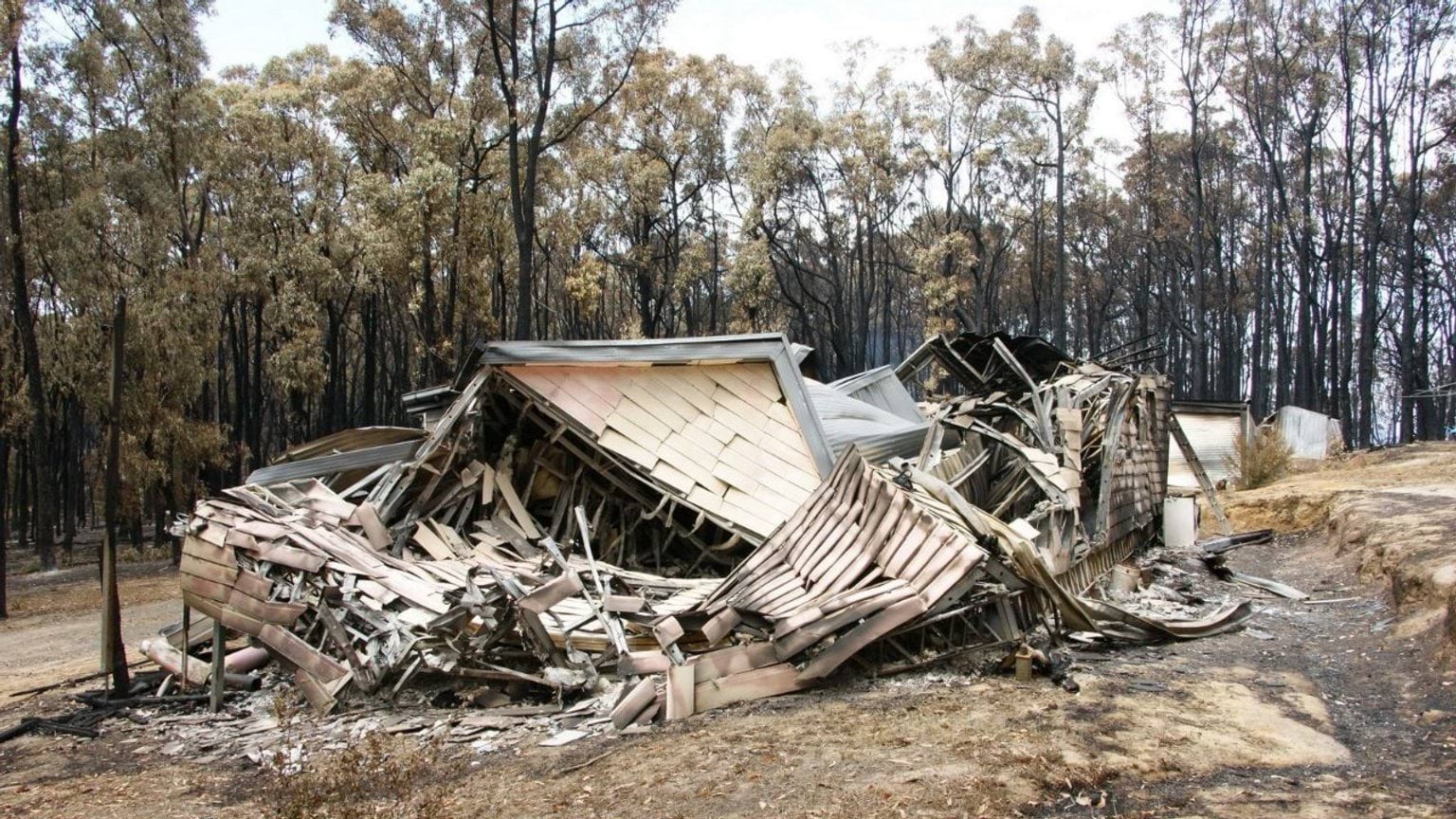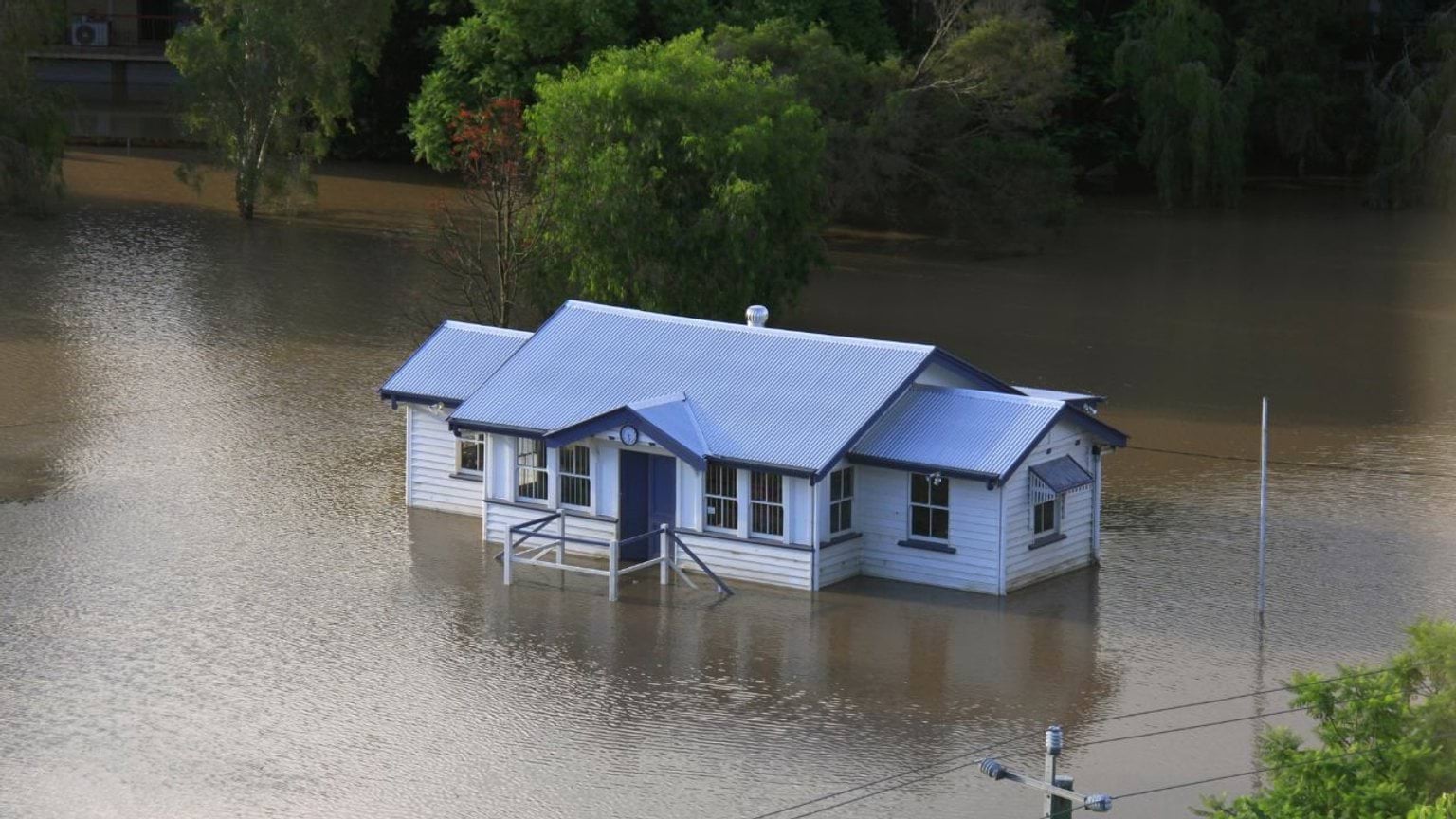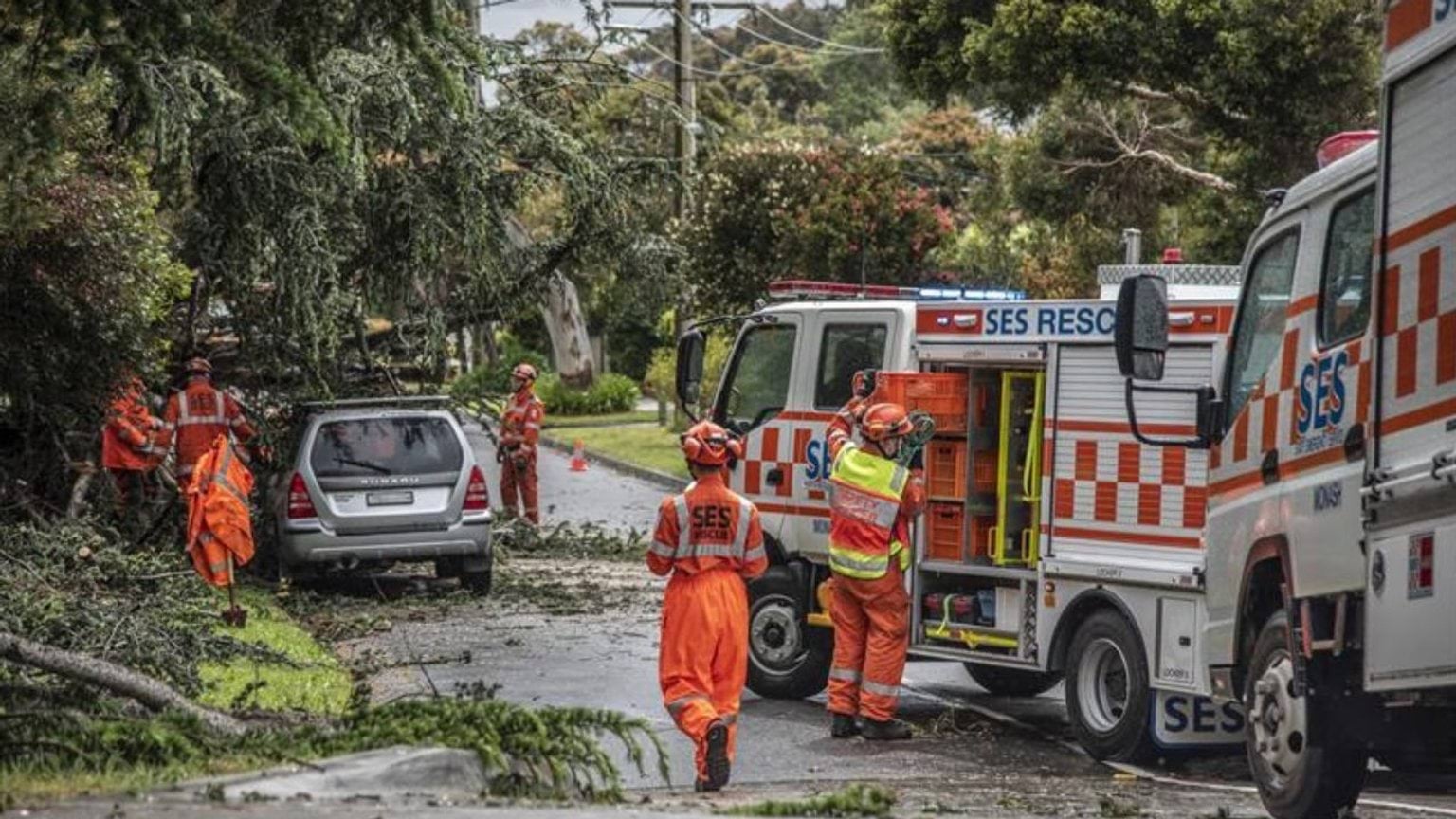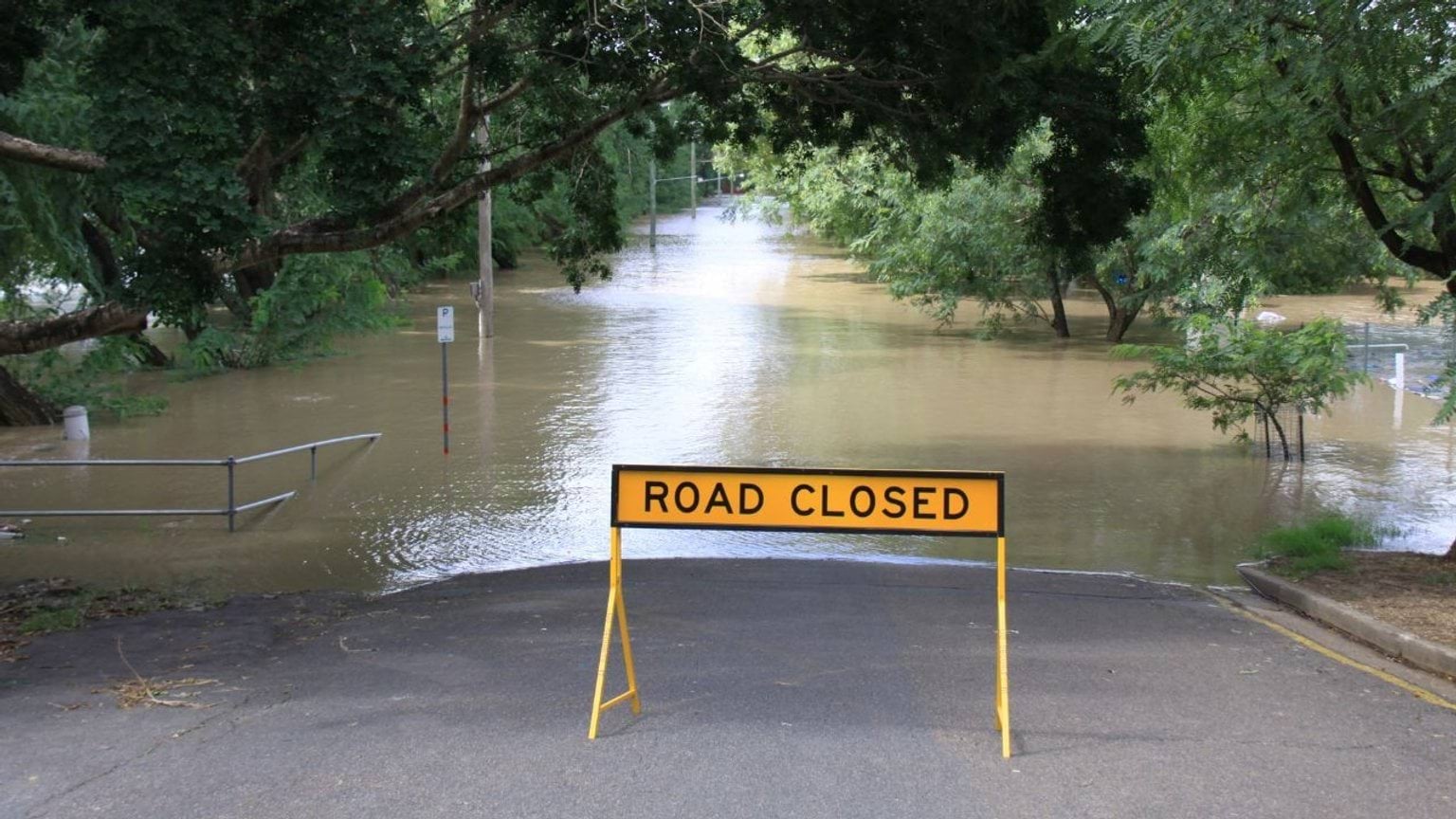This website has four easy steps to help choose your home and contents insurance, plus tips on how to make a claim.
Taking time to learn about each step will help make managing your home insurance easier.
Why home insurance matters
In Victoria, rising temperatures and extreme weather events are damaging more homes.
Having the right insurance can make life easier if something goes wrong.
Most Victorians have home and contents insurance – but often it’s not enough.
Insurance gives you peace of mind and helps you bounce back financially if an emergency does affect you.
- Most people don’t have enough cover: Most Victorians believe they have enough insurance, but only half have enough cover to rebuild and refurnish their homes after a disaster.
- Bushfire and flood risk is often underestimated: Your home may be at risk without you even realising it, with 84%*of Victorians who live in high-risk flood areas believing their risk is low.
- Rebuilding costs are hard to guess: Only 1 in 5 Victorians can accurately estimate how much it would cost to rebuild their home.
- You could save on insurance: Shopping around and comparing different providers could reduce your home insurance policy costs by 20%* or more. However, be warned that not all insurance policies provide the same level of coverage, and policies include specific caps on certain items.
- Insurance can be confusing: Only 37%* of Victorians fully understand their insurance coverage, while 14%* say they either don’t understand it well or at all.
How to speak insurance
Home insurance has a language of its own. Here are some terms you might come across.
*This data has been sourced from the Insurance Market Analysis and Consumer Research – Final Report by Finity Consulting 2023.
Disclaimer: The information provided on this website is intended for general information purposes only and no reliance should be placed on its contents or accuracy. It is not a definitive guide and is not intended to constitute legal or financial advice and does not take into consideration your particular circumstances or needs. If you require assistance in respect of your personal circumstances, please seek independent advice. In an emergency, please also contact official sources for information. Every effort has been made to ensure the accuracy and completeness of this page and the references to the links included within it. However, we cannot guarantee that the information is complete, current or free from errors. We do not control, endorse or take responsibility for the content of any external websites linked on this page.
Updated





